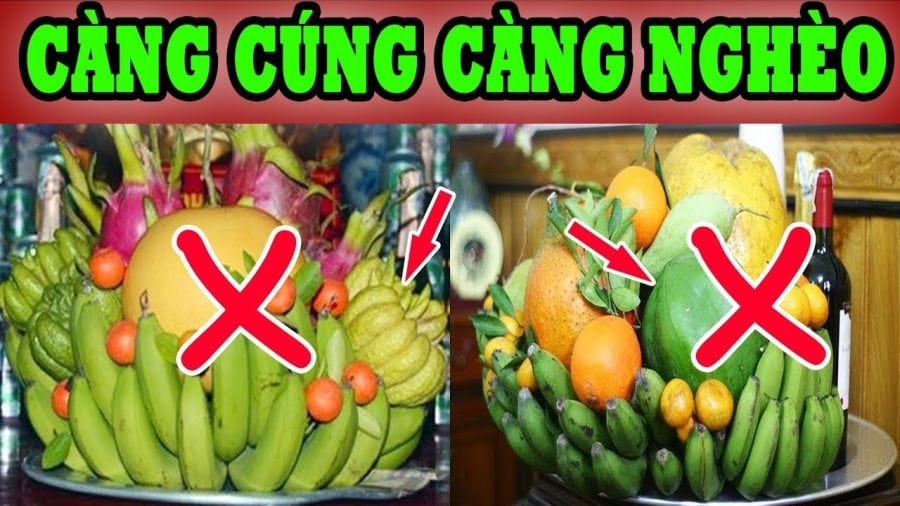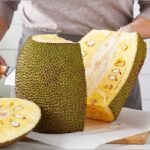1. Pineapple

Fruits That Are Not Suitable for Offering
Characteristics: Pineapple, also known as tropical fruit, stands out for its sweet taste and distinctive aroma. With its unique shape and golden hue, pineapple is loved not only for its delicious flavor but also for its visual appeal. Rich in vitamin C and antioxidants, pineapple is both nutritious and delectable.
Reasons for Taboo: Pineapple is often avoided on ancestral altars due to the similarity in pronunciation between the words “pineapple” and “deaf” or “sever” in Vietnamese. In folk belief, placing pineapple on the altar may signify bad luck or setbacks in the homeowner’s endeavors or career. Thus, despite its delightful taste and appearance, this fruit is traditionally avoided for ancestral offerings.
2. Orange
Characteristics: Orange is one of the most popular fruits, known for its sweet yet tangy taste and pleasant aroma. Oranges are beloved not only for their freshness but also for their high vitamin C content, which boosts immunity and improves overall health. Their round shape and vibrant color make them a delightful addition to meals and festive occasions.
Reasons for Taboo: In ancient times, oranges were often avoided for ceremonial offerings due to the similarity between the word “orange” and the word “difficult” in Han Chinese. In Eastern culture, using oranges may be considered inauspicious, especially during ceremonies and holidays when people wish for good fortune and prosperity for themselves and their families.
3. Fruits with Overpowering or Unrefined Scents
While durian and jackfruit are delicious, their strong and heavy aromas can detract from the sense of purity and tranquility desired in a worship space. Therefore, these fruits are not suitable for offering to Buddha, deities, or ancestors.

3 Delicious but Inappropriate Fruits for Offering
When selecting fruits for the ancestral altar, it is essential to choose the freshest and most attractive ones, ensuring their shape, color, and skin are intact as a sign of respect. Additionally, keep in mind that the following types of fruits are not suitable for offering to Buddha, deities, or ancestors:
– Bruised or damaged fruits: Offerings for worship should always be of the highest quality. While you don’t need to purchase expensive fruits, it is crucial to ensure their freshness. Using bruised or overripe fruits with signs of decay demonstrates a lack of respect and formality.
– Unclean fruits: Fruits intended for worship must be exceptionally clean. Make sure to wash the fruits thoroughly and let them dry before placing them on the altar.
The Ultimate Guide to Pineapple Prep: Beyond Peeling for a Perfectly Palatable Treat
Introducing the ultimate solution for pineapple lovers! Say goodbye to sore tongues and hello to a delicious, hassle-free experience. With just one simple step, you can enjoy pineapple like never before. Imagine indulging in the sweet, tangy fruit without any discomfort – it’s a tropical dream come true!



































